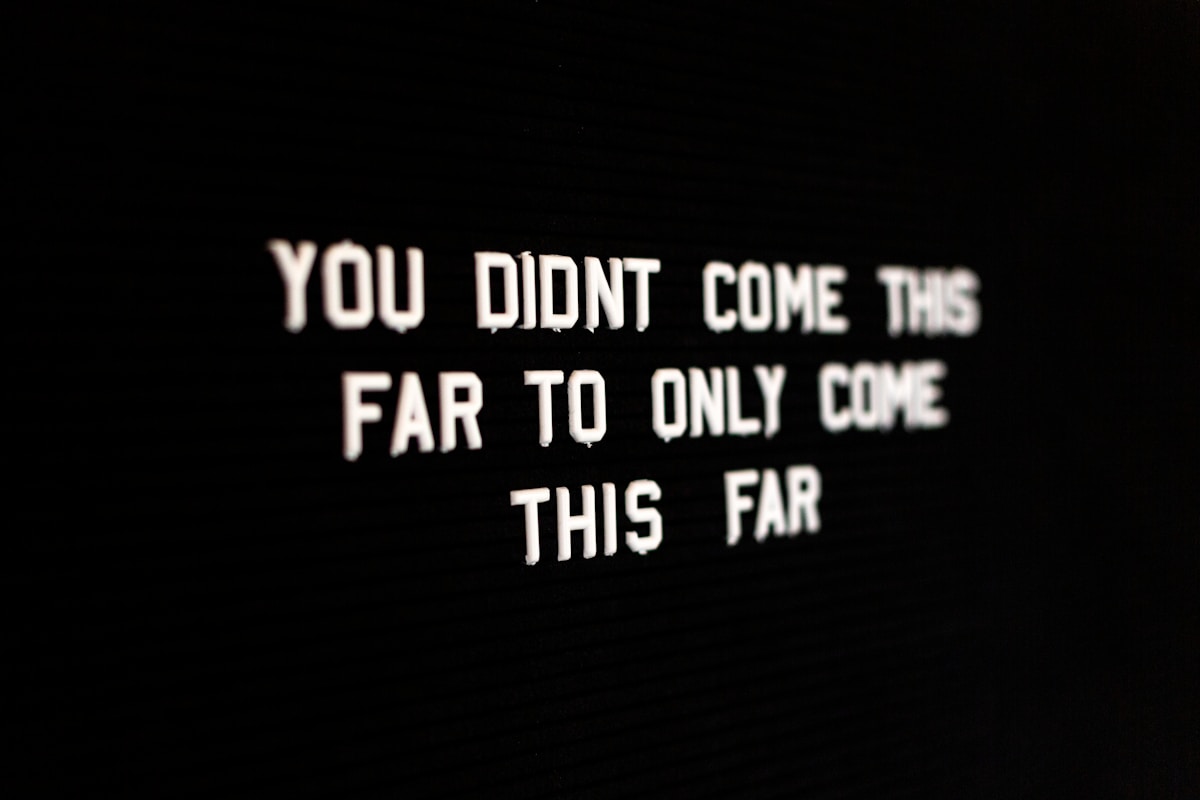Here at Feedback, one of our favorite thinkers in education is none other than the amazing Ron Berger of EL Education. I studied with him as a student at Harvard and the work we did is the foundation for Feedback. In this post, we'll take a deeper dive into why feedback is so crucial to learning and improving our skills as artists, composers, musicians, songwriters, and producers.
As EL Education would put it, receiving feedback that is SPECIFIC, HELPFUL, and KIND has the power to change any project beyond your wildest imagination. Take a look at this video from EL called "Austin's Butterrfly:"
Even though this video features young children, not much is different when it comes to adults. And certainly even less when it comes to music. Let's break down the three key points that make for effective feedback (and the model we've based our feedback on!)
Specific
Feedback should always be specific. Did you notice in the video how the children pointed out specific elements of Austin's butterfly that were less than accurate? The wings are too round. The wings are too straight, etc. etc.
"Receiving feedback that is specific will help you hone in on what it is exactly you can try differently next time so you end up with a better result."
Receiving feedback that is specific will help you hone in on what it is exactly you can try differently next time so you end up with a better result. We are in the business of providing specific and detailed feedback that is all about your work so you can pinpoint the areas that you need to work on.

Helpful
Feedback should always be helpful. This may be one of the most important aspects of meanginful feedback. Instead of pointing out what is wrong, the children also provided ideas of how Austin could improve (obviously with the help of Ron). They said he could try to angle the wings up or down a little. They gave suggestions. Many learning theories suggest that this is what causes growth and improvement - the idea that feedback includes suggestions of how to improve.
At Feedback, our experts give you suggestions of how you can improve your work. Whether it's changing a lyrical phrase, a melody, or an effect. They are invested in your growth as a creative and they want to see you succeed in your artistic and career goals. You can expect your expert's feedback to always be helpful.
Kind
Lastly, feedback should always be kind. Recieving feedback can be hard. It's very vulnerable and can make us feel defensive.
"By speaking with kindness, we can help cultivate a sense of openness."
By speaking with kindness, we can help cultivate a sense of openness. Plus, we always think that being kind is easier than being mean, especially in this business. Our experts are some of the kindness folks we know! They'll never put you down or make you feel bad about your work.
We hope this inspired you to seak creative growth! Connect with one of our experts today and get specific, helpful, and kind feedback on your music or content.

